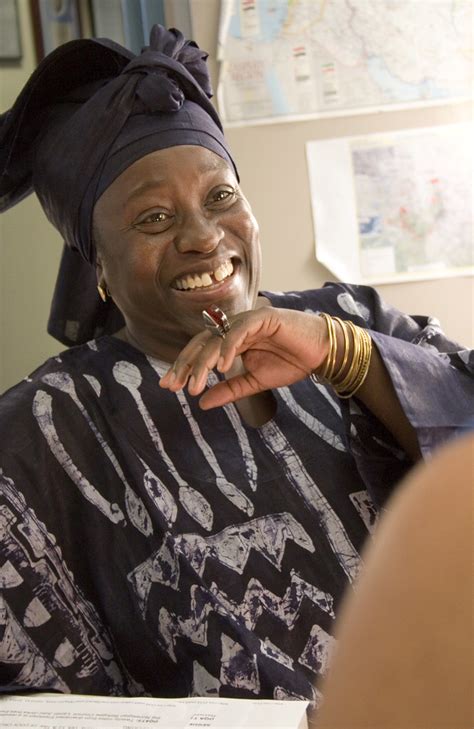A Quote by Craig Ferguson
It is a great day for the great state of Texas. The last person being tested for Ebola has come back clean. So Texas is now Ebola free. This was a big week for them. They're now free of Ebola - and Democrats.
Related Quotes
I think Ebola is a great example of where the world really needs to come together. The three countries where this outbreak took place have had a lot of civil war, very weak health systems. And so, it did take a while for people to understand ....that eventually what we saw was a very unique Ebola epidemic. I think it is quite impressive what's being pulled together, and I think we will be able to get this under control.




























